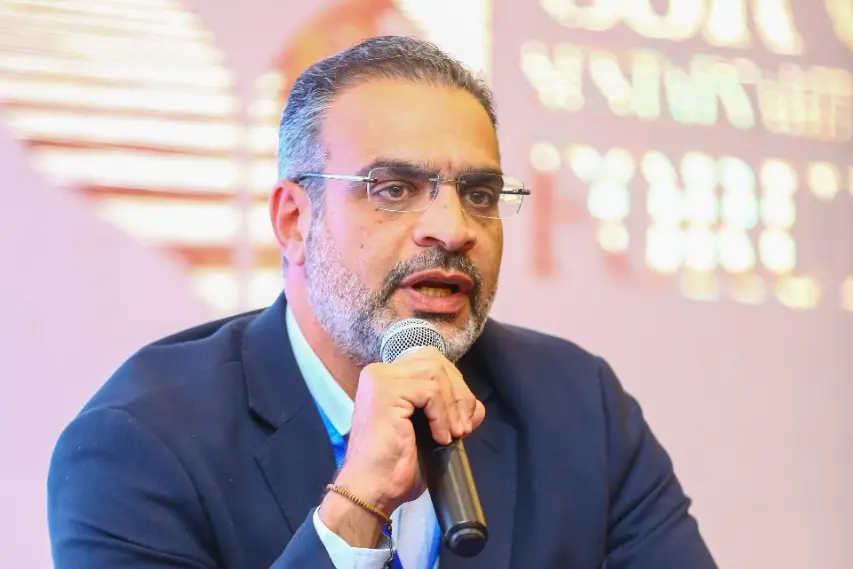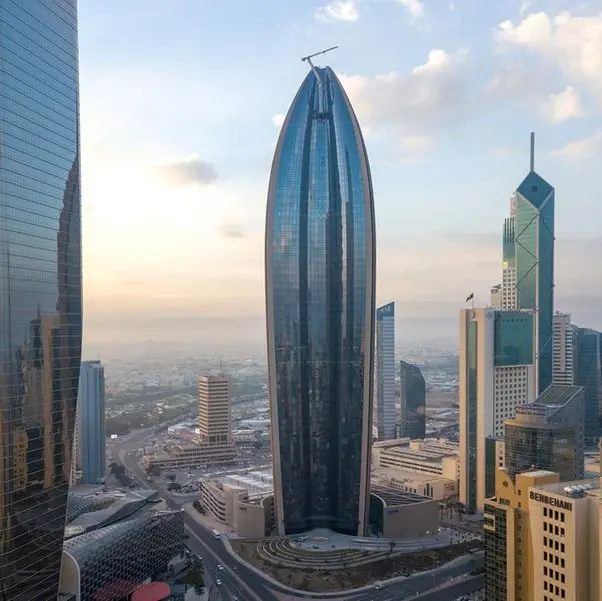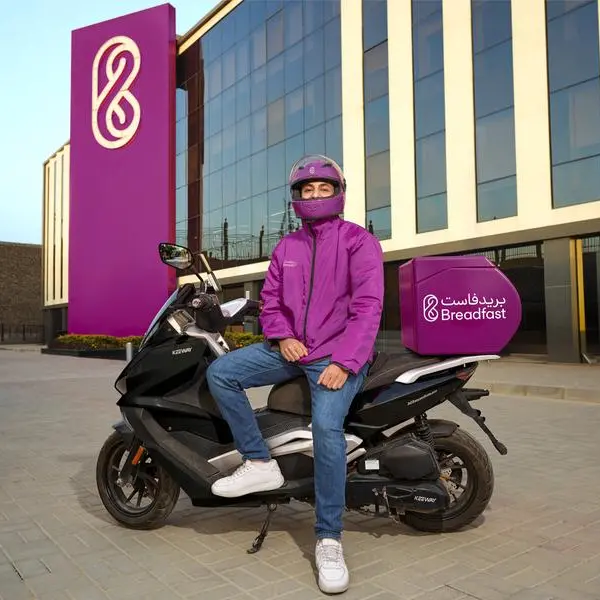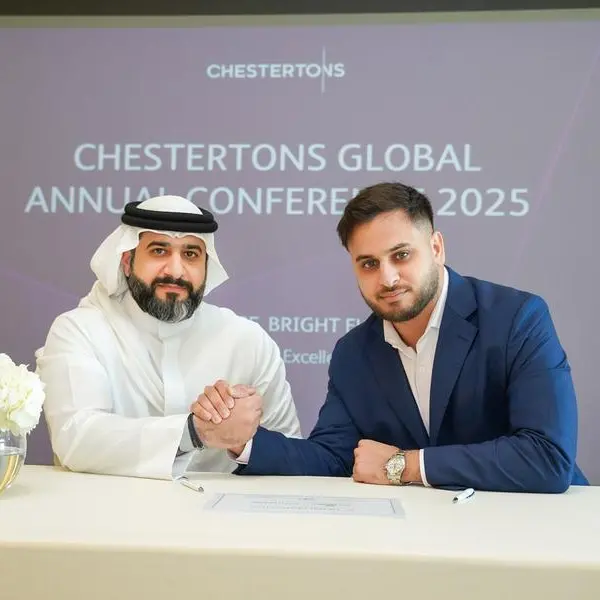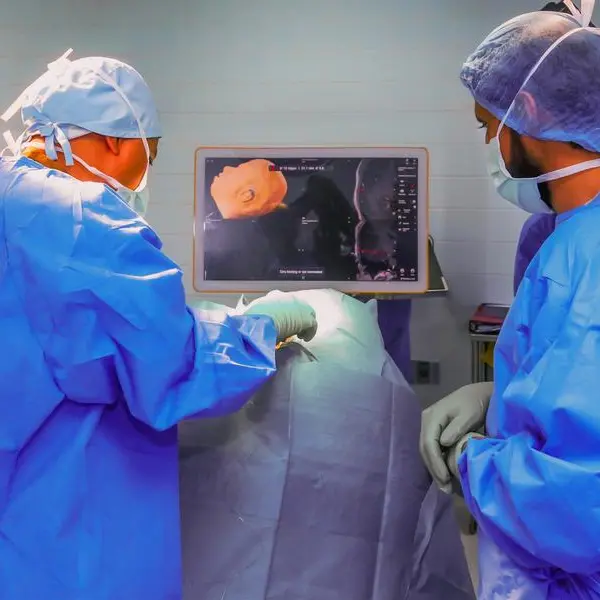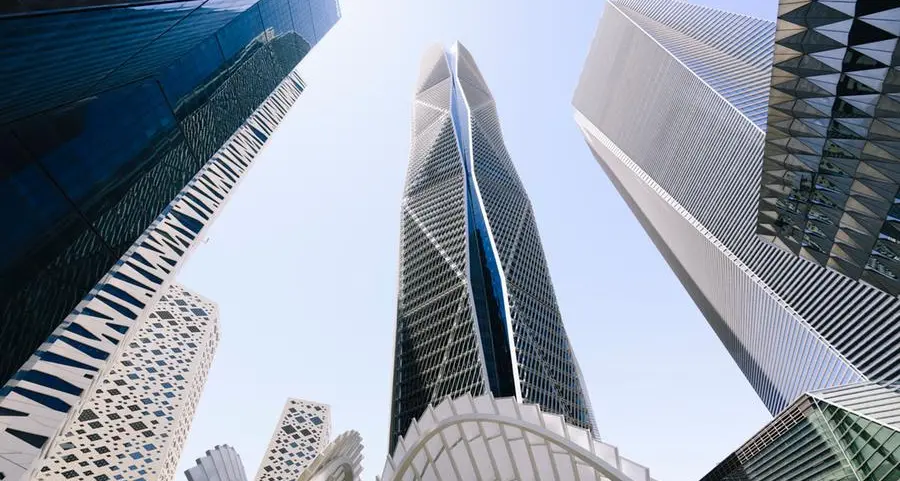PHOTO
- El-Kady: All state institutions pay close attention to sustainable practices in preparation for COP27 climate change conference.
- El-Kady: Plastic Bank's is devoted to creating a plastic waste ecosystem that aims to preserve the state's natural resources and environment
- El-Kady: The plastic industry accounts for about 6% of global oil consumption and is expected to reach 20% by 2050, increasing carbon footprint.
Plastic Bank participated in the 12th Egypt CSR and Sustainable Development Forum under the theme of, "Institutional Development & Capacity Building are the Main Engines in Guaranteeing Sustainability". The Forum takes place under the auspices and participation of Dr. Nivine El Kabbag, Minister of Social Solidarity, and Counsellor Mustafa Alham, Governor of Luxor. In addition, to the participation of various sustainability and corporate social responsibility of experts from Egypt's major economic entities.
During the Forum, Mr. Amr El-Kady, Plastic Bank’s Regional Director for Egypt, the Middle East, and Africa, participated in a session entitled “Sustainable Finance and Limiting Climate Change Effects”, where he stated: “Plastic Bank is honored to participate in the forum among other sustainability and CSR experts from major public and private sector entities, which are keen to integrate sustainable practices into their strategies. This reflects the unprecedented interest and effort exerted by all parties to prepare for Egypt’s hosting of UN Climate Change Conference COP27.”
“Plastic Bank's participation confirms its unwavering commitment towards implementing the concept of a green and circular economy by integrating the three axes of sustainable development (economic, social and environmental) into all its practices. While also aligning with the UN Sustainable Development Goals and Egypt's Vision 2030. Plastic Bank seeks to create an ecosystem dedicated to convert plastic waste into Social Plastic™ which is collected and reintegrated into packaging products using digital technology. Hence, the social enterprise reduces pollution of seas and rivers, by improving the living conditions of collectors and integrating them into the formal economy, in exchange for a variable incentive that is registered and followed up digitally to ensure transparency," El-Kady added.
“Furthermore, Plastic Bank is devoted to creating a plastic waste ecosystem that aims to preserve the state's natural resources and environment. Since, the plastic industry accounts for about 6% of global oil consumption and is expected to reach 20% by 2050, increasing carbon footprint." El-Kady explained.
It is also worth noting that Plastic Bank Egypt includes over 900 plastic waste collectors and guarantees a decent life for their families by earning a steady income that helps them improve their living conditions. In addition to that, more than 180 million plastic bottles, equivalent to 3,600 tons of plastic, have been collected and prevented from reaching seas and rivers in Egypt. The social enterprise has also succeeded in expanding in 7 provinces by opening more than 18 waste collection centers since the start of its operations in Egypt in 2021.
-Ends-
About Plastic Bank
Plastic Bank is a social enterprise that aims at creating a recycling-based community through providing job opportunities and income resources for collecting plastic waste. Plastic Bank is helping the world stop ocean plastic while improving the lives of collector communities, and establishing a collection ecosystem in coastal communities and integrating the plastic back into recycling value chains as Social Plastic® to be reused in global industries. Plastic waste collectors receive money, services or goods in exchange for plastic waste, providing them with secure lives. Also, Plastic Bank fights child labor, converts the informal sector into a formal one, develops work places according to HSE standards, encourages education and improve collectors’ lives.
Plastic Bank’s Blockchain platform secures the full supply chain and provides real-time data accessibility which enables optimum transparency, traceability, and ability to scale across Egypt. The collected material is reborn as Social Plastic® which can be easily reintegrated into products and packaging as part of a closed-loop supply chain.
Plastic Bank was founded by David Katz in March 2013, with the aim of gathering a billion people together to monetize waste while improving the lives of people in countries that lack waste management infrastructure. Plastic Bank currently has operations in the Philippines, Indonesia, Brazil, and Egypt, with plans to expand into Colombia and Vietnam in the coming years.
